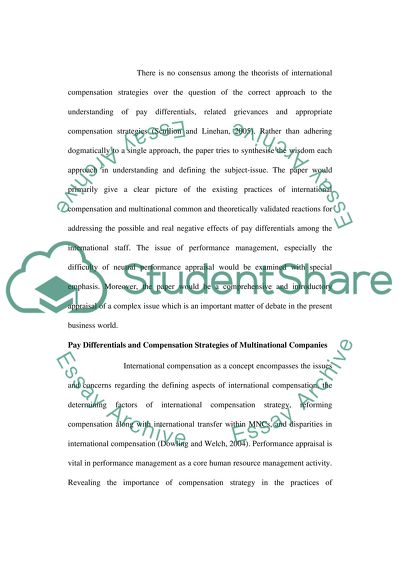Cite this document
(“International Human Resource Management - International competition Essay”, n.d.)
International Human Resource Management - International competition Essay. Retrieved from https://studentshare.org/miscellaneous/1522180-international-human-resource-management-international-competition
International Human Resource Management - International competition Essay. Retrieved from https://studentshare.org/miscellaneous/1522180-international-human-resource-management-international-competition
(International Human Resource Management - International Competition Essay)
International Human Resource Management - International Competition Essay. https://studentshare.org/miscellaneous/1522180-international-human-resource-management-international-competition.
International Human Resource Management - International Competition Essay. https://studentshare.org/miscellaneous/1522180-international-human-resource-management-international-competition.
“International Human Resource Management - International Competition Essay”, n.d. https://studentshare.org/miscellaneous/1522180-international-human-resource-management-international-competition.


